|
|
| |
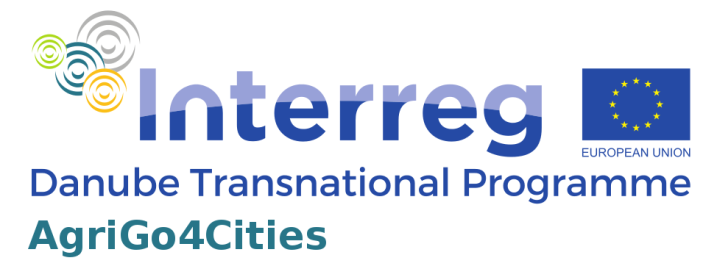
| |
 |
Marginalized groups represent a huge challenge for Danube Region
|
| |
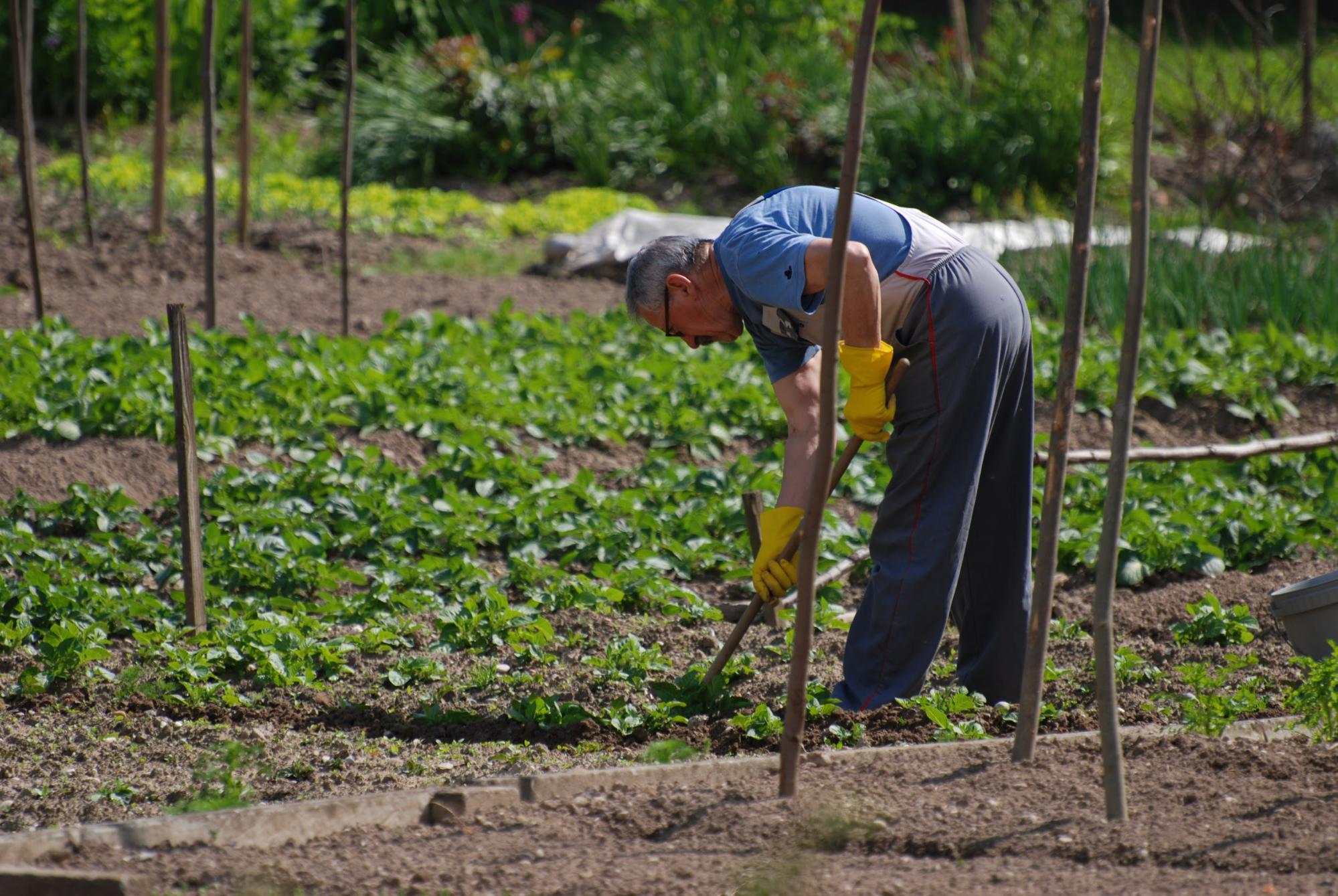 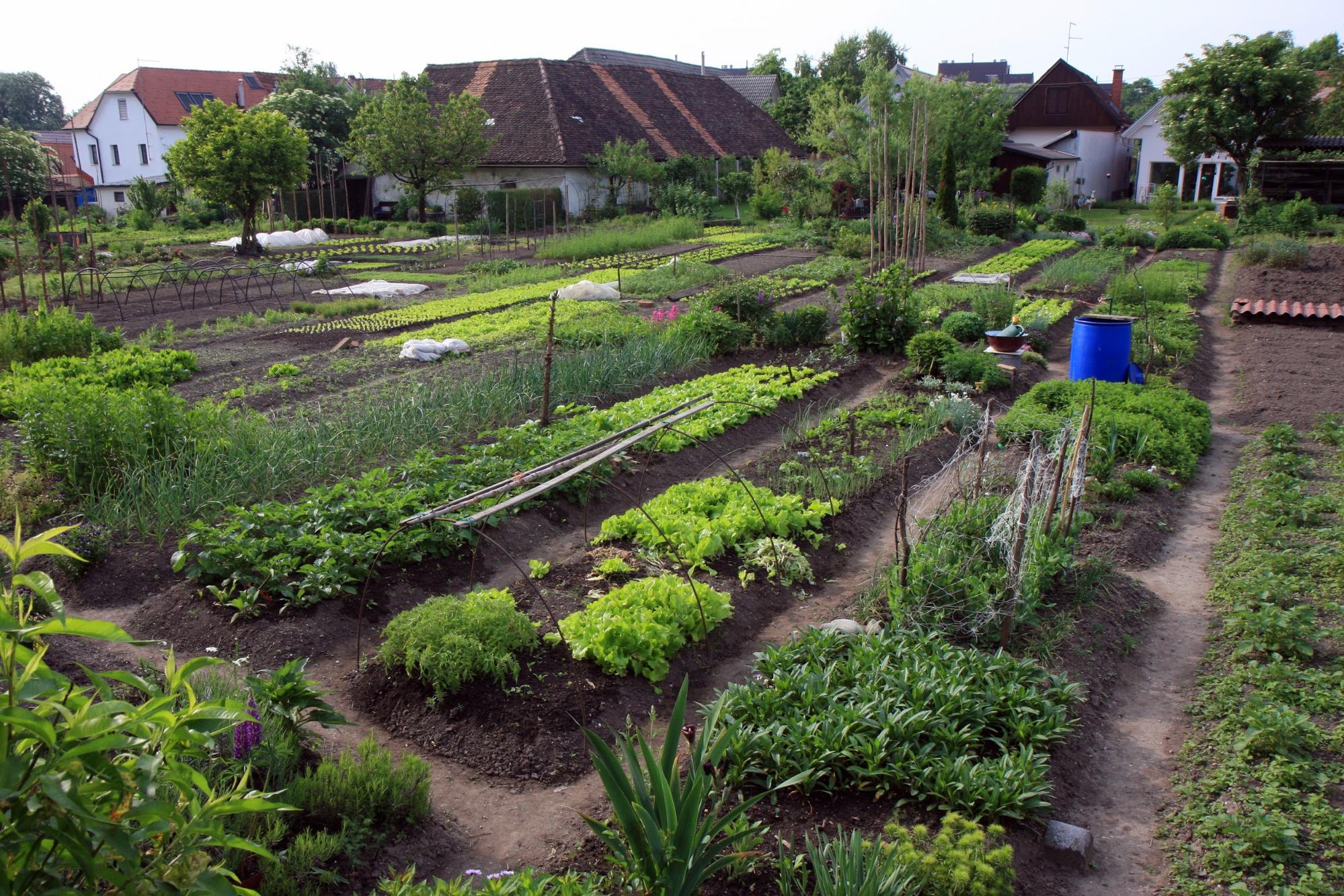 |
|
When thinking about the development path of the Danube region, several challenges that require on-going solutions have to be pointed out. First of all, it can be brought into discussion the fact that issues, such as marginalisation (from social and economic point of view), discrimination based on different criteria (for instance, based on belonging to an ethnic minority), poverty and lack of employment, prevent some areas in the Danube region from development.
The project Agrigo4Cities aims to tackle socio-economic exclusion of vulnerable groups and stimulate sustainable urban development in the Danube region.
The above-mentioned challenges in general reflect the idea that a lot of citizens are not able to participate in the decision-making process due to discrimination or certain economic limitations. Therefore, one of the problems in the Danube region is a gap between those representing the public authorities - and citizens.
|
|
| |
 |
AgriGo4Cities is developing an innovative tool to face social inequalities
|
| |
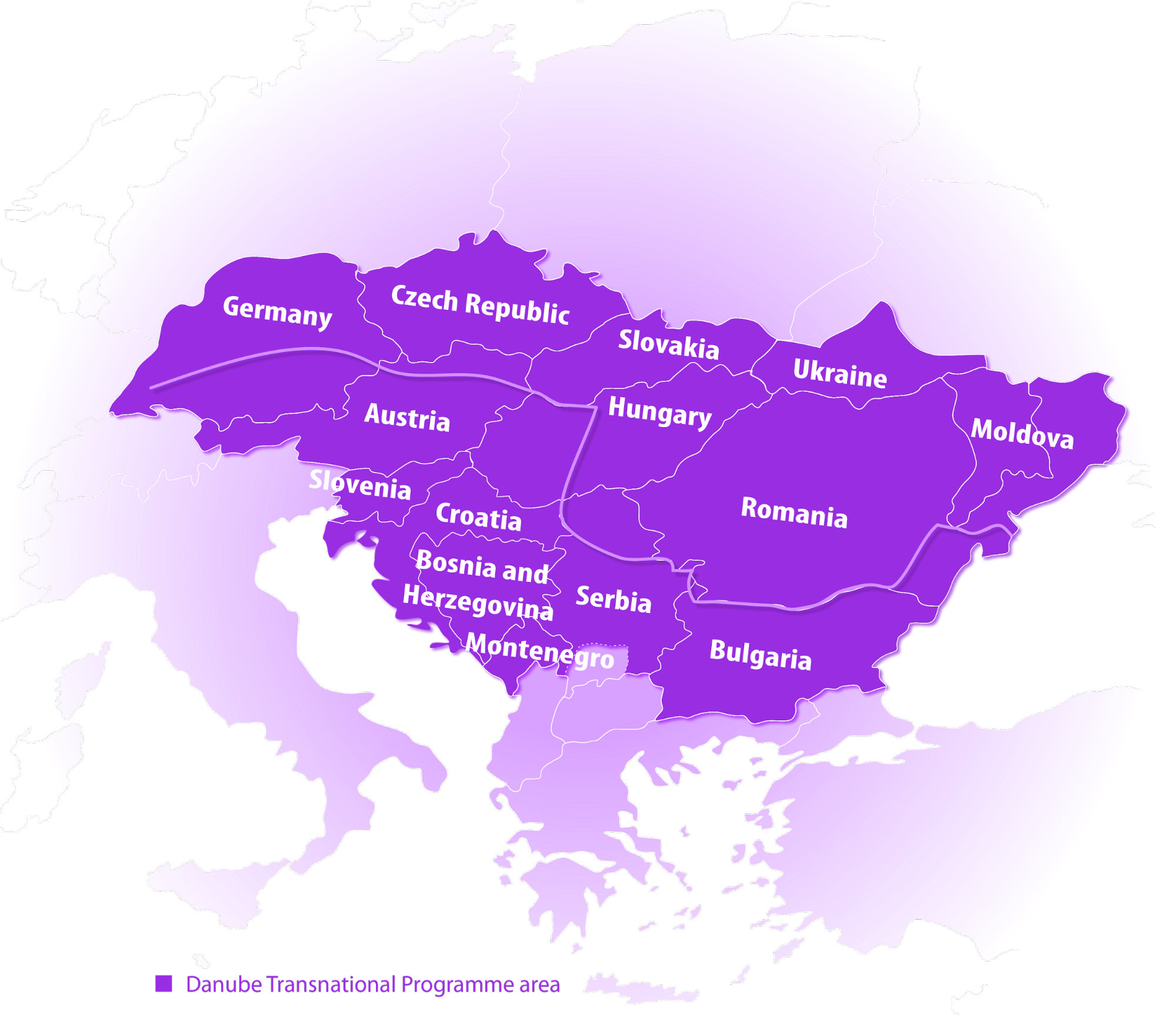 |
|
The project AgroGo4Cities aims at developing solutions which would step-by-step lead to urban development in several countries belonging to the Danube programme. The vision of the project is that diminishing inequalities will result in urban development.
Therefore, the ultimate goal of the project is to transform the Danube region in a well-governed region, where the dialogue between authorities and civil society results in implementing efficient solutions.
|
|
| |
 |
Kick-off meeting in Velenje, Slovenia
|
| |
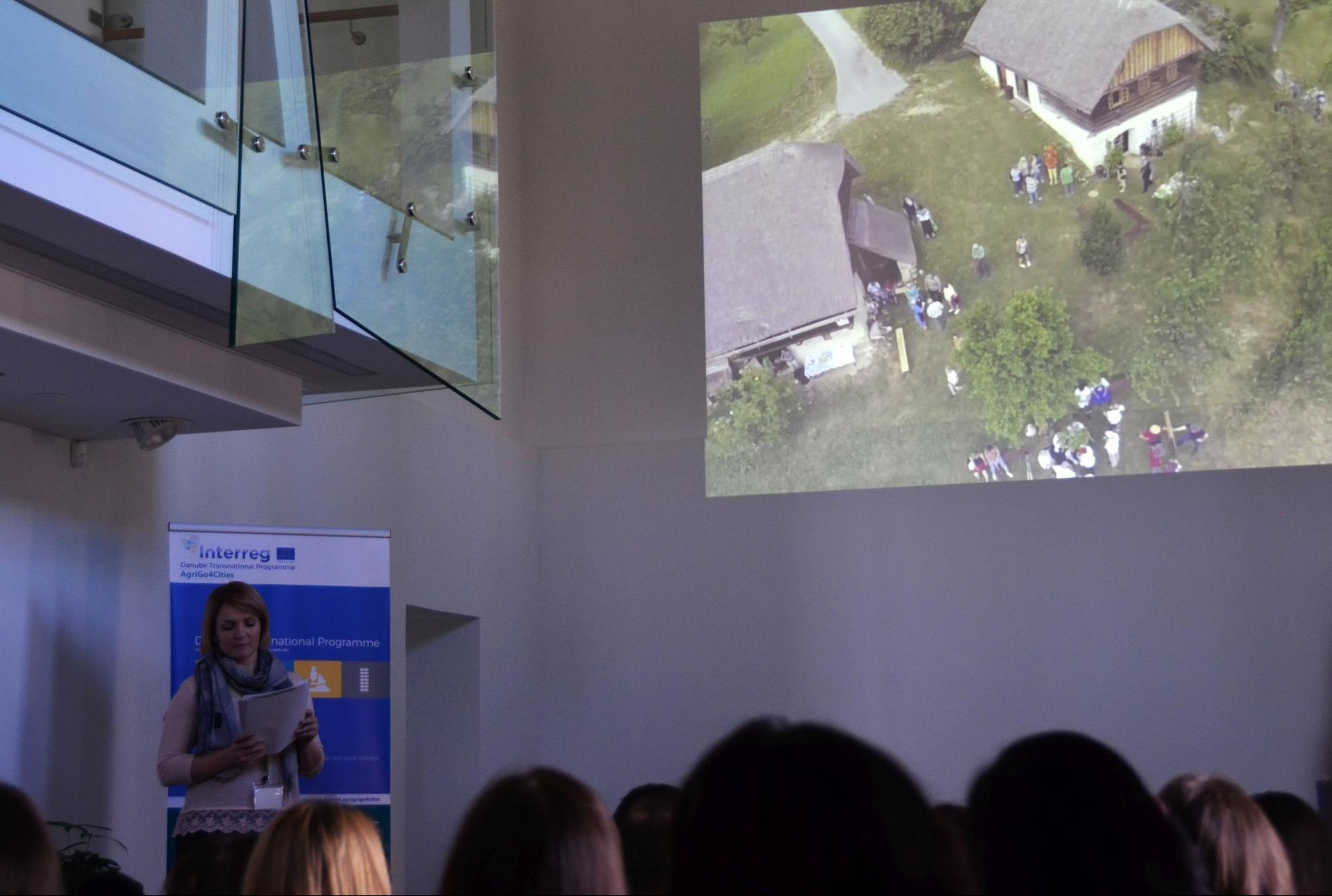 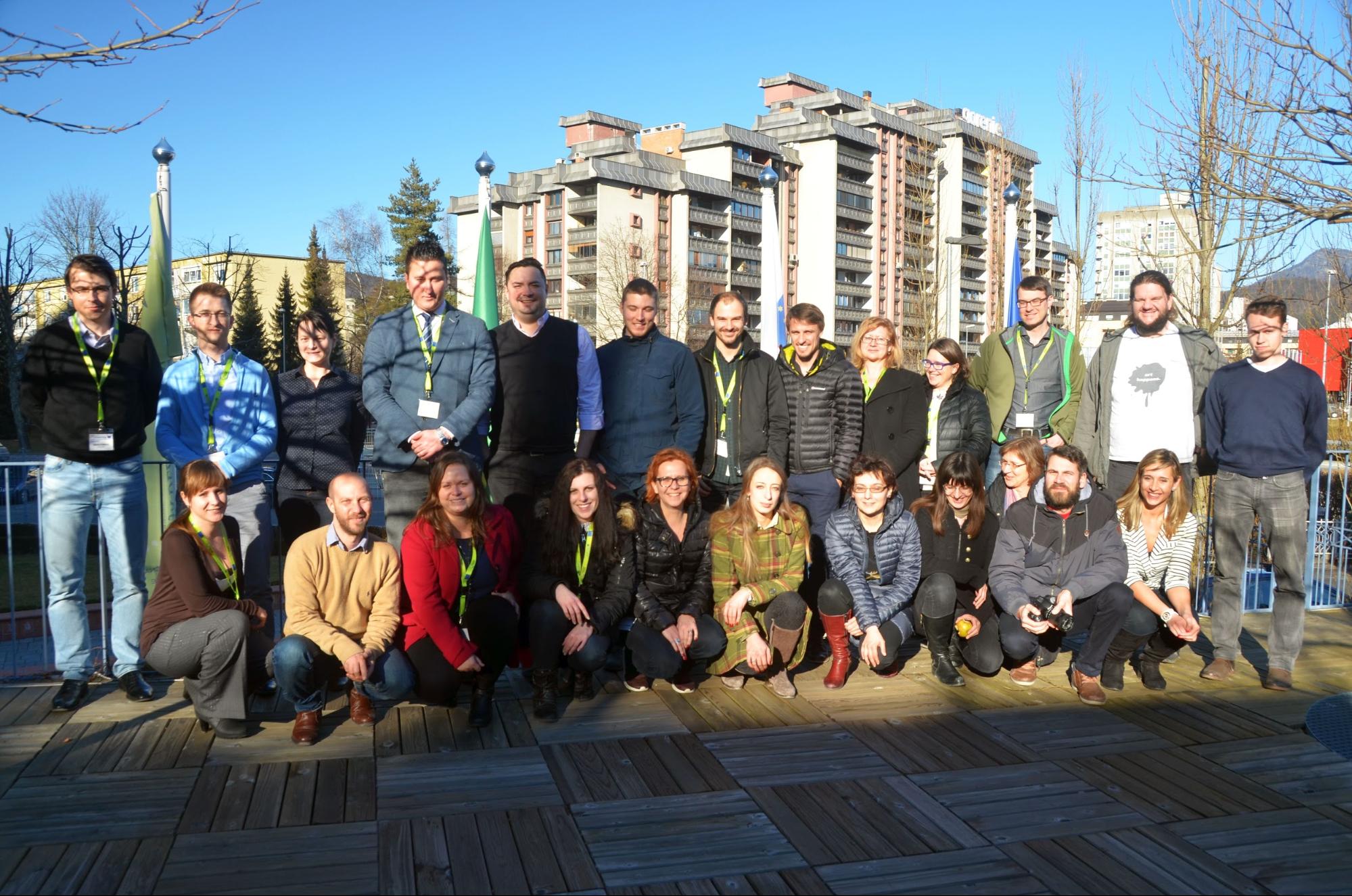 |
|
The first meeting was organised in Velenje in Slovenia (13-16 February 2017). In the process of presenting the programme, topics such as green urban trends were brought into discussion. Participants were acquainted with several best practices of urban from local environment.
Also, several project management matters were discussed, such as organizational and financial, along with communication methodologies and the working program for next months.
|
|
| |
 |
Second meeting in Banska Bystrica: ”Moving from theory to practice”
|
| |
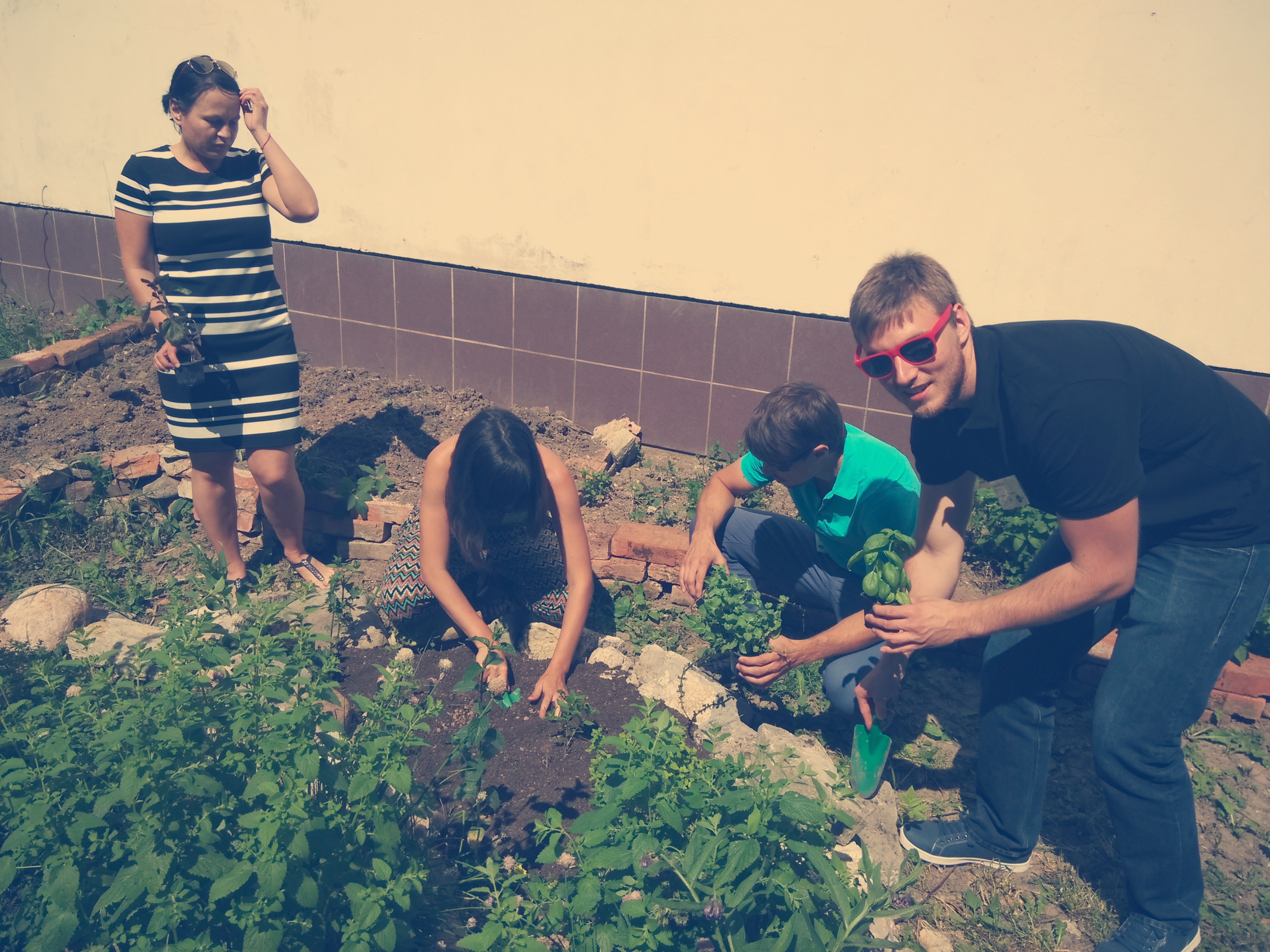 |
|
A second meeting of the AgriGo4Cities project was held in Slovakia (Banska Bystrica) on 14th of June, where the emphasis was put on showing best practices, since the project aims to develop not only theoretical approaches, but also practical solutions. For example, how to evaluate the effectiveness of urban agriculture that involves citizens coming from disadvantaged backgrounds.
The project partner ENVICORP presented two local success stories: Community garden Sásová, Garden – Centre of Alternative Culture and Hidepark Nitra.
|
|
| |
 |
Planning third meeting in Munich: ”How to develop a common methodology for participatory urban agriculture”
|
| |
|
The meeting in Munich, which will be held on 22nd and 23rd of November 2017, will be devoted to development of the training sessions through which public administrators and other relevant stakeholders on local level will receive the knowledge how to empower vulnerable groups with the help of urban agriculture. if you want to participate check your national partner for more informations.
|
|
| |
 |
Agrigo4Cities Goes Public
|
| |
|
| |
 |
Presentation of the AgriGo4Cities project in workshop at University of Catania, Italy
|
| |
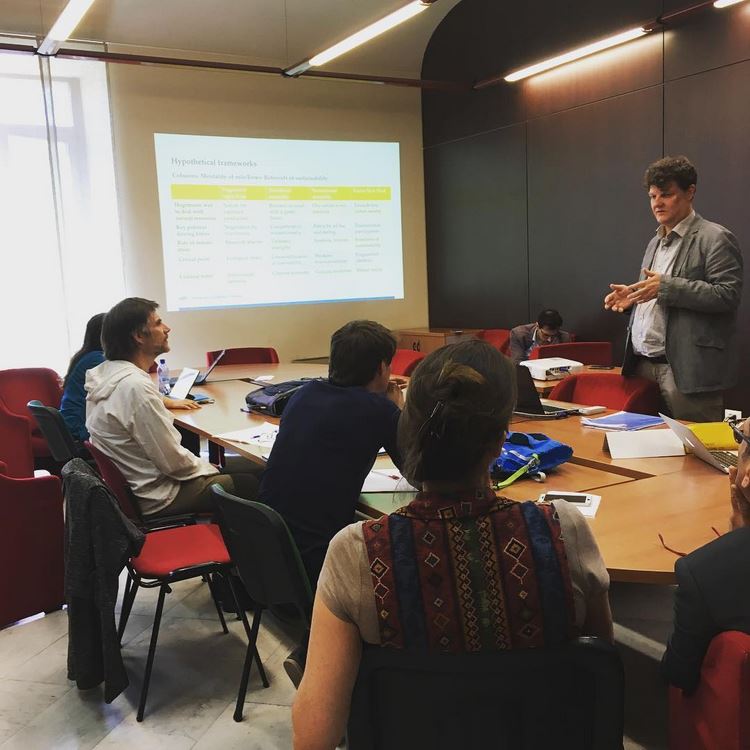 |
|
The workshop held in Italy in April 2017 was the first in which the project Agrigo4Cities was presented by dr Jani Kozina. The purpose of the workshop was to share some ideas of local cultural adaptations of environmental strategies in several peripheries of Europe.
|
|
| |
 |
Conference in Linz, Austria – further steps in implementing the program
|
| |
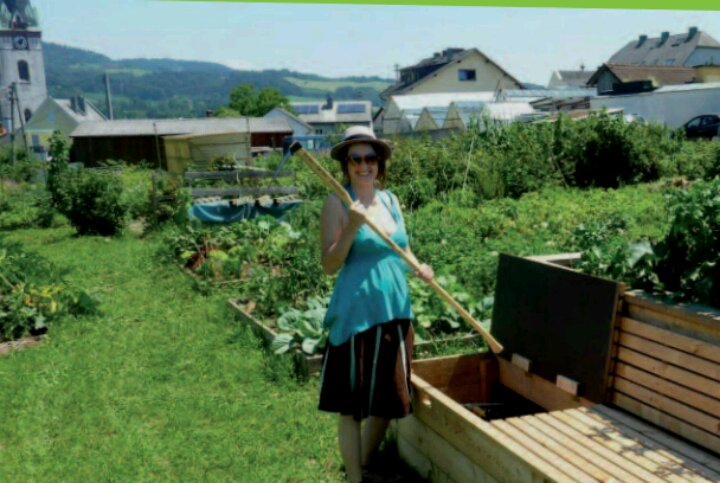 |
|
The meeting in Linz, Austria, was held in May 2017 and it was mainly aimed at discussing previous practices, as well as certain challenges that may be encountered when opening a community garden.
Dr. Carolin Mees presented the community gardens in New York, which are built in low-income neighbourhoods. The presentation was focused on showing the challenges that the community gardens in New York are facing, along with the solutions that have been found, which may serve in the future as an example for such projects in Europe.
At the meeting in Austria practical aspects regarding the opening of community gardens in Europe were discussed. For example the role of NGOs in working with vulnerable groups in community gardens.. The participants also emphasized the importance of qualified and unqualified stakeholders working side by side in order to disseminate the knowledge.
For more information click here
|
|
| |
 |
Garden Forum in Hungary: ”A good example of an effective dissemination”
|
| |
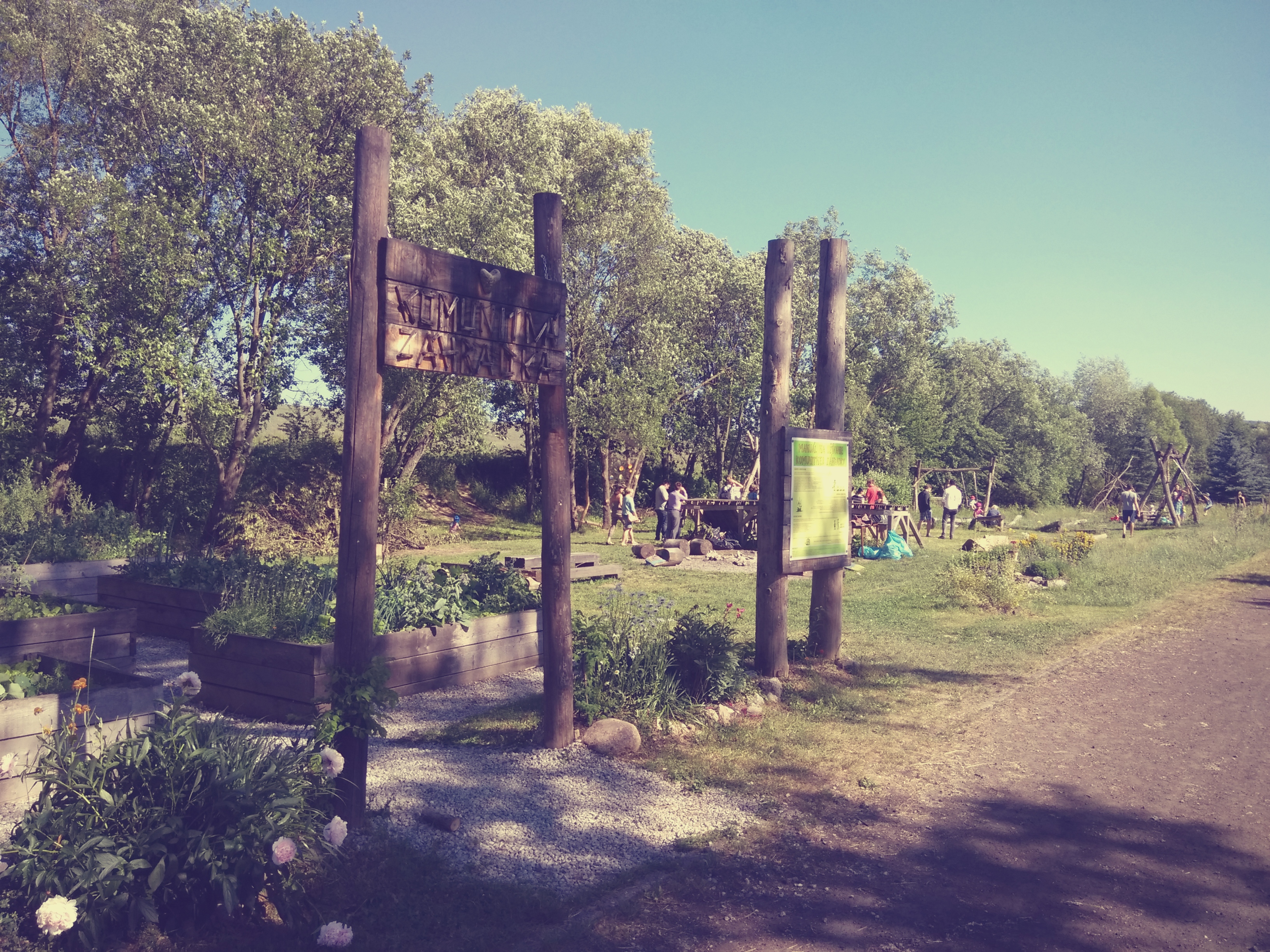 |
|
Another important event was a “garden forum” in Hungary, organized by Székesfehérvár Garden Friendly Association. One of the Association’s expert, Mr. Sándor Pató, shared his experiences from the study tour from Banska Bystrica’s meeting.
|
|
| |
 |
Meeting in Bucharest:”Green infrastructure for sustainable urban planning”
|
| |
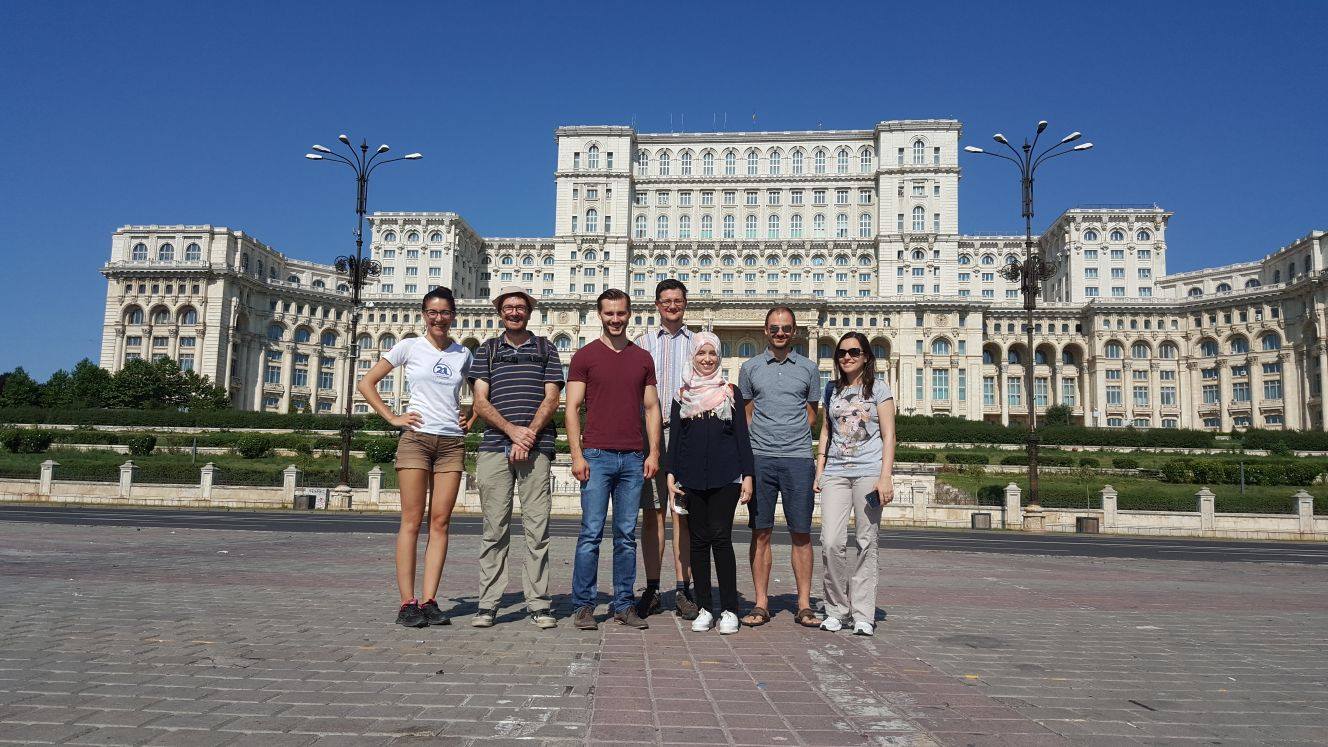 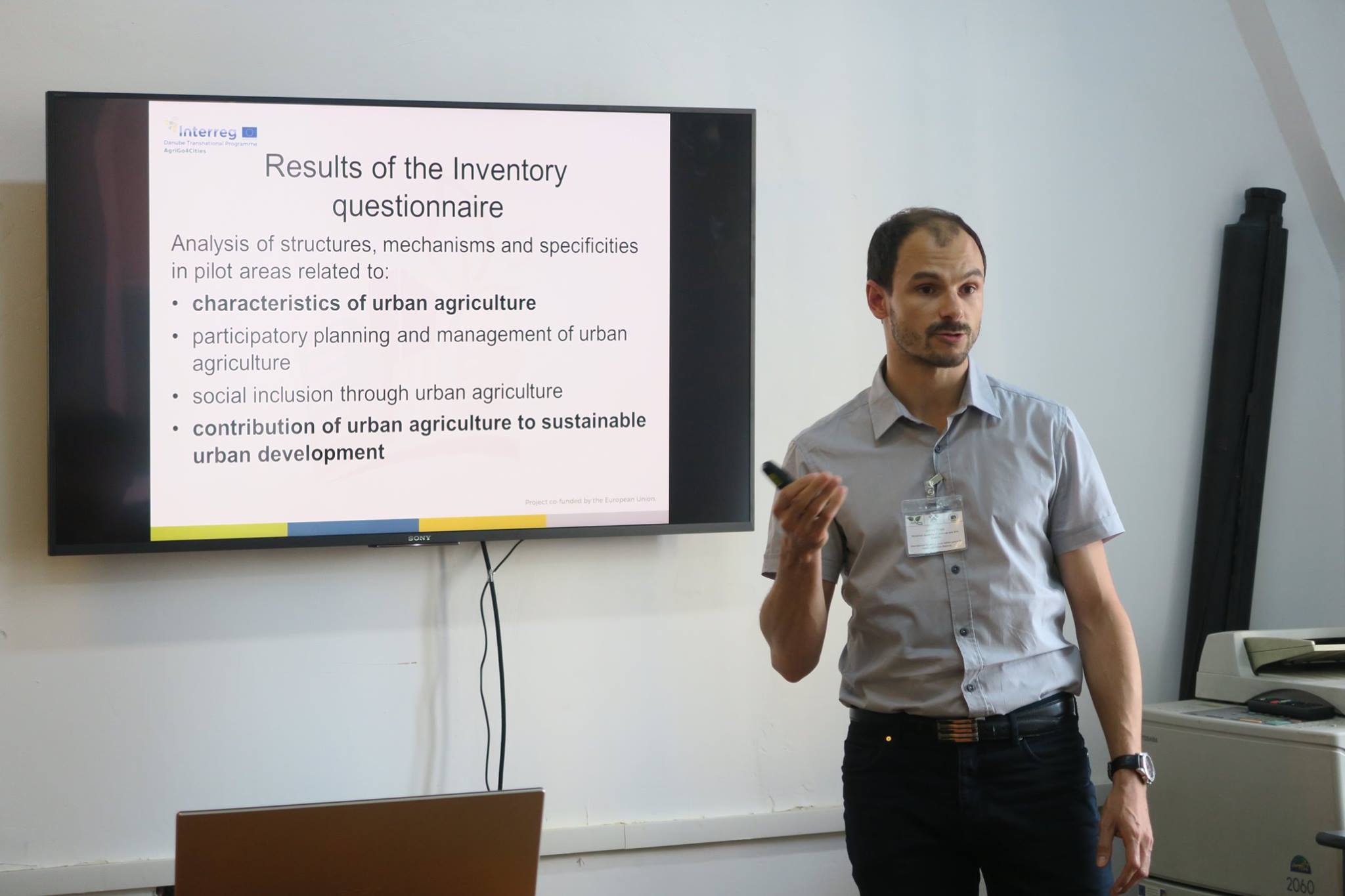 |
|
From 6th to 9th of July 2017 lead partner’s representative took part at an international workshop organized by the Faculty of Geography of the University of Bucharest and the Society for Urban Ecology. The main aim of the workshop was to to develop a platform for scientists, public administration and other involved actors to share and exchange their experiences regarding the use of green infrastructure in the cities.
The importance of urban agriculture was emphasized as it helps to improve the quality of living in the cities. Furthermore, the participants underlined the role that urban architecture could have in solving a range of societal problems that cities in the Danube region are currently facing.
For more information click here
|
|
| |
 |
Agrigo4cities - Urban Agriculture as integral part of green urban infrastructure
|
| |
|
On 13th of July 2017, representatives of the project AgriGo4Cities were invited by the Ministry of Environment and Spatial Planning of the Government of Slovenia to join a round table. They discuss project objectives and implementations at national and local level. As part of this round table, the main activities of AgriGo4Cities were presented. Dr. Jani Kozina emphasized that urban agriculture plays an important part in green urban infrastructure.
For more information click here
|
|
|
|
|
| |
|
If you have received this newsletter, you have been included on one or more of the Danube Transnational Programme/projects postal mailing lists. We are committed to respect and protect the privacy of personal data collected. We regard your personal data as confidential information and will never communicate it to third parties. Your personal data are used mainly for the express purpose of receiving the newsletter. Your mailing details may also be used by the DTP and its projects for information and dissemination purposes strictly related to the programme and its projects. If you prefer not to receive more of this newsletter and your data not to be used for dissemination purposes, you can unsubscribe by sending a reply email.
|
|
|
|
|
|
